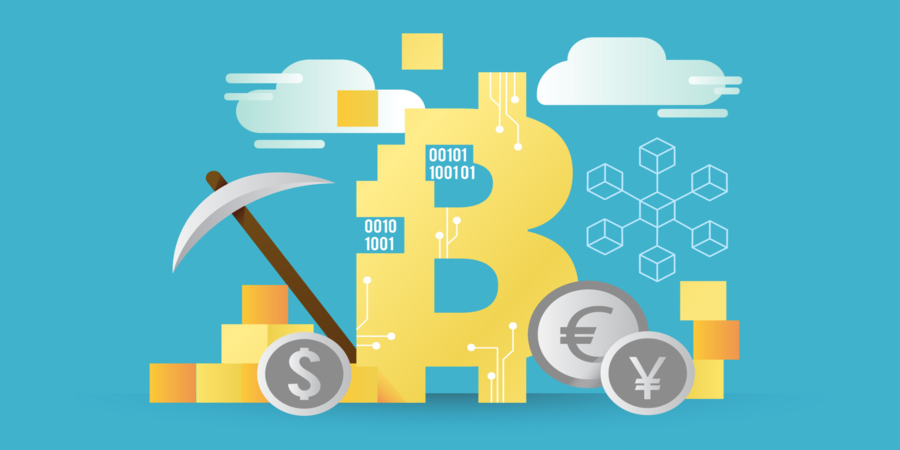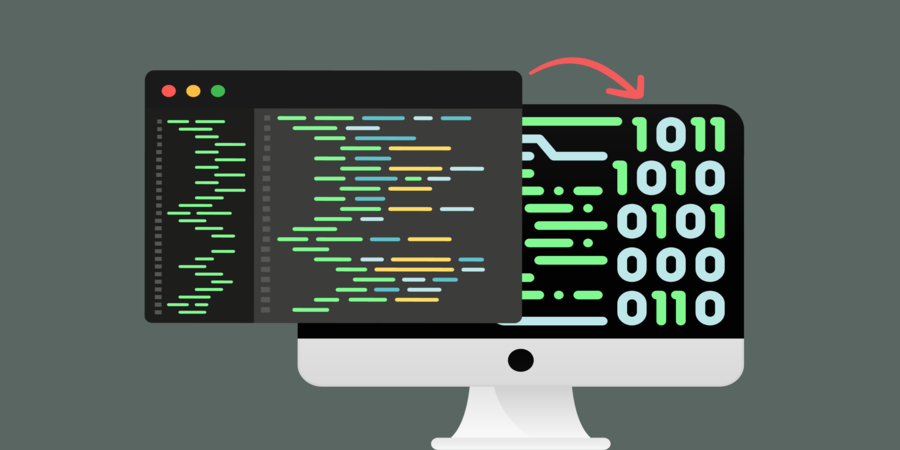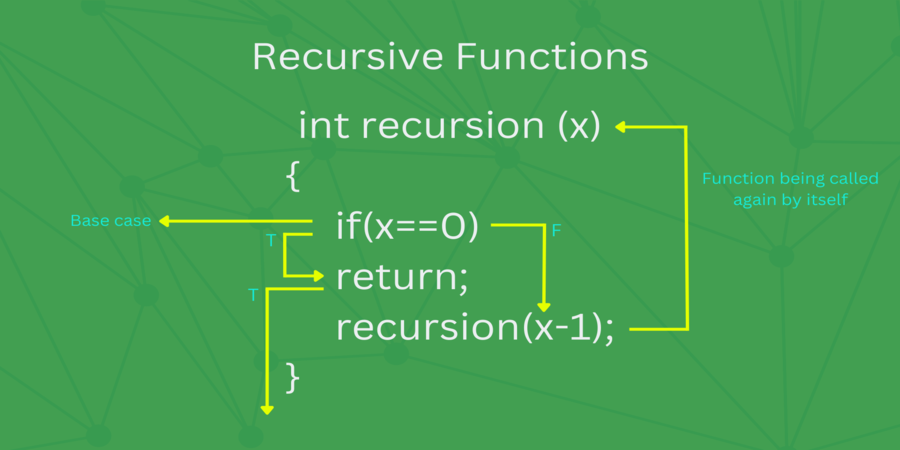

How does a blockchain fork affect cryptocurrency?
Cryptocurrencies and the technology behind them, blockchain, have revolutionized the way we handle digital transactions. But what happens when a blockchain fork occurs? In this article, we will explore what a blockchain fork is, the types of blockchain forks, and how it affects the cryptocurrency market.
What is a blockchain fork?
A blockchain fork is a term used to describe a situation where a blockchain network splits into two or more paths with a shared history. This can occur due to various reasons, such as a change in the consensus rules or a difference in opinions among network participants.
When a blockchain fork occurs, the existing blockchain continues to operate as usual, while a new blockchain is created to implement the changes or differences in opinions. The two resulting blockchains will have identical transaction history up to a certain point, but will eventually diverge, creating two separate networks with their own sets of rules and transaction histories.
There are two main types of blockchain forks: hard forks and soft forks. A hard fork is a permanent split in the blockchain network, while a soft fork is a temporary split where the new chain is still compatible with the old chain.
It's important to note that blockchain forks can be contentious, with different groups of network participants supporting different versions of the blockchain. This can lead to debates, disagreements, and even the creation of new cryptocurrencies or blockchain networks.
Types of blockchain forks
There are generally two types of blockchain forks: hard forks and soft forks.
1. Hard Forks:
A hard fork is a permanent divergence in the blockchain, where nodes on the new fork will no longer recognize blocks from the old chain. Hard forks are typically the result of a significant change in the rules of the network. This can happen when a group of users decide to implement changes that are not backward-compatible, which means that nodes running the old software will not be able to validate blocks on the new chain. Examples of hard forks include Bitcoin Cash, Ethereum Classic, and Bitcoin Gold.
2. Soft Forks:
A soft fork is a temporary divergence in the blockchain, where nodes on the new fork will still recognize blocks from the old chain. Soft forks are typically backward-compatible, meaning that nodes running the old software can still validate blocks on the new chain. This happens when a group of users want to implement changes that are compatible with the existing rules of the network. Examples of soft forks include the introduction of Segregated Witness (SegWit) in Bitcoin, and the implementation of Byzantium in Ethereum.
It's important to note that while hard forks are more disruptive to the network, they can also lead to new and innovative blockchain projects. Soft forks, on the other hand, are less disruptive but can be more challenging to implement since they require a high level of agreement among network participants.
How does a blockchain fork affect cryptocurrency?
When a blockchain fork occurs, it can have significant effects on the cryptocurrency market.
Here are some of the ways in which a blockchain fork can affect cryptocurrency:
1. Price volatility
One of the most significant effects of a blockchain fork is price volatility. When a hard fork occurs, it creates uncertainty in the market, which can lead to significant price swings. This is because investors are unsure about which chain will be more successful, and whether they should hold on to their original cryptocurrency or switch to the new one.
2. Market cap
A blockchain fork can also affect the market capitalization of a cryptocurrency. When a hard fork occurs, the total market cap of the original cryptocurrency is split between the new cryptocurrency and the original cryptocurrency. This can lead to a decrease in the market cap of the original cryptocurrency, and an increase in the market cap of the new cryptocurrency.
3. Network security
A blockchain fork can also affect the security of the network. When a hard fork occurs, it creates two separate networks, each with its own set of miners and nodes. This can lead to a decrease in the overall network security, as the number of miners and nodes is split between the two networks. This can make it easier for malicious actors to launch attacks on the network.
4. Community support
A blockchain fork can also affect the level of community support for a cryptocurrency. When a hard fork occurs, it often creates a divide among network participants. Some may choose to stick with the original chain, while others may switch to the new chain. This can lead to a decrease in community support for the original cryptocurrency, as some users may leave the network.
Conclusion
In conclusion, a blockchain fork can have significant effects on the cryptocurrency market. It can lead to price volatility, changes in market capitalization, network security issues, and changes in community support. It is essential for investors to stay informed about any potential forks and the implications they may have for their investments. While forks can create uncertainty in the market, they can also lead to the development of new and innovative blockchain technologies.
Popular articles

Jun 08, 2023 07:51 AM

Jun 08, 2023 08:05 AM

Jun 08, 2023 03:04 AM

Jun 07, 2023 04:32 AM

Jun 05, 2023 06:41 AM
Comments (0)